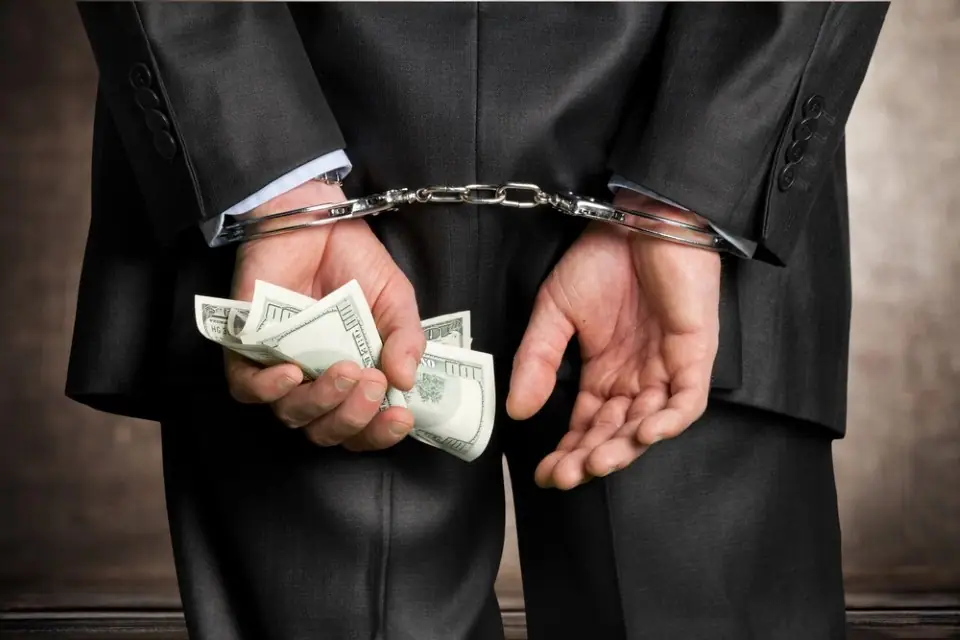White-collar crime is a term that often grabs headlines in the corporate and legal world. It’s a phrase that has gained prominence over the years, describing a range of non-violent, financially motivated offenses typically committed by individuals, government officials, or business professionals in positions of trust and authority. This article will delve into the depths of white-collar crime, exploring its various facets, consequences, and some frequently asked questions about this complex subject.
Understanding White-Collar Crime
White-collar crime encompasses a broad spectrum of illegal activities. These crimes are characterized by deceit, concealment, or violation of trust, and are typically committed by individuals or organizations for financial gain. They are often committed within the context of legitimate business, government, or other professional activities. Unlike street crimes, white-collar crimes are typically non-violent, yet they can have profound economic and social implications.
Common Types of White-Collar Crime
- Embezzlement: This white-collar crime involves the misappropriation of funds or property entrusted to an individual’s care. It typically occurs when an employee or professional, entrusted with financial responsibilities, diverts funds for personal use.
- Fraud: Fraud takes on many forms, including securities fraud, bank fraud, insurance fraud, and credit card fraud. It involves misrepresentations or omissions intended to deceive for financial gain.
- Insider Trading: This illegal practice involves trading securities based on material, nonpublic information about a company. It’s often executed by corporate insiders, such as executives and employees, and can have a significant impact on stock prices.
- Money Laundering: Money laundering is the process of making illegally-gained proceeds appear legal. Criminals engage in money laundering to legitimize their ill-gotten gains and avoid detection.
- Bribery and Corruption: This category includes offering, giving, receiving, or soliciting something of value to influence the actions of an official or other person in a position of authority. Corruption is a significant issue, both in the public and private sectors.
Consequences of White-Collar Crime
White-collar crime can have severe consequences for individuals, organizations, and society as a whole. Some of the repercussions include:
- Financial Loss: Victims of white-collar crimes often suffer substantial financial losses, including individuals who invest in fraudulent schemes, and organizations who lose assets through embezzlement or fraud.
- Reputation Damage: Organizations and individuals involved in white-collar crimes can experience a significant blow to their reputation, which can have lasting effects on their personal and professional lives.
- Legal Consequences: Perpetrators of white-collar crimes can face criminal charges and substantial fines. They may also be subject to civil lawsuits seeking restitution for the damages caused.
- Regulatory Scrutiny: White-collar crimes often trigger increased regulatory oversight, which can lead to additional legal and financial consequences.
- Trust Erosion: White-collar crimes erode trust in institutions and individuals, damaging the fabric of society.
- What distinguishes white-collar crime from other types of crime? White-collar crime is characterized by financial motivation, non-violence, and the violation of trust within professional or business settings. It often involves deceit, fraud, and misrepresentation for monetary gain, setting it apart from street crimes.
- Who investigates and prosecutes white-collar crimes? White-collar crimes are typically investigated by specialized units within law enforcement agencies, such as the FBI or SEC in the United States. Prosecutions are carried out by government attorneys or specialized white-collar crime units.
- How can individuals protect themselves from falling victim to white-collar crimes? Individuals can protect themselves by being vigilant and informed. Conduct due diligence before making financial investments, avoid sharing personal information without verifying the recipient’s identity, and be cautious about deals or offers that seem too good to be true.
- What are some famous examples of white-collar crime cases? Prominent white-collar crime cases include the Enron scandal, the Bernie Madoff Ponzi scheme, and the Volkswagen emissions scandal. These cases involved financial fraud, deception, and significant financial losses for individuals and organizations.
- Is there a statute of limitations for white-collar crimes? The statute of limitations for white-collar crimes varies depending on the jurisdiction and the specific offense. In many cases, the clock starts ticking from the time the crime is discovered, which can extend the time frame for prosecution.
In Conclusion
White-collar crime is a complex and multifaceted issue that affects individuals, organizations, and society at large. It encompasses a wide range of financially motivated, non-violent offenses committed within the context of trust and authority. Understanding the different types of white-collar crimes and their consequences is essential for both prevention and effective legal response. As society continues to evolve, addressing and combatting white-collar crime remains a critical aspect of maintaining integrity and trust in professional and business environments.







